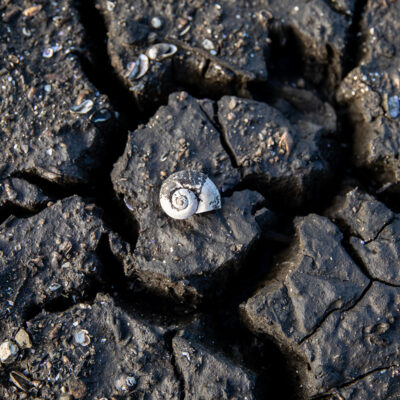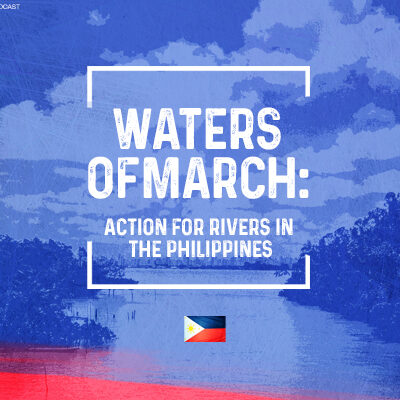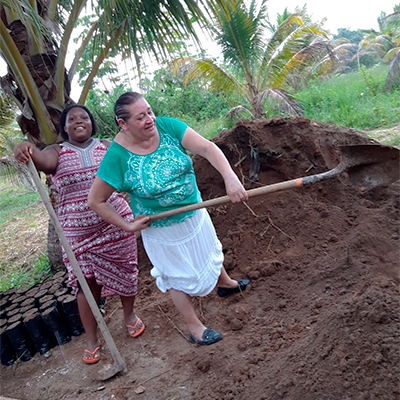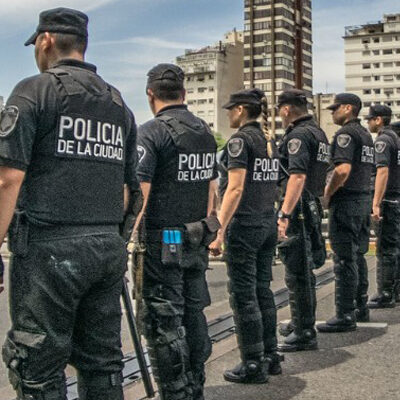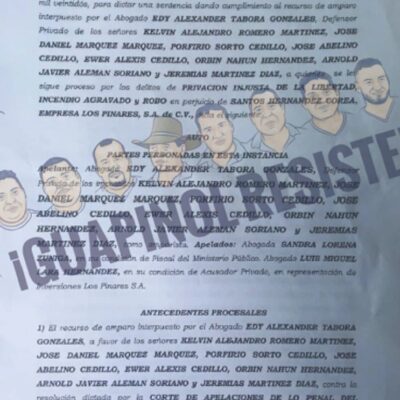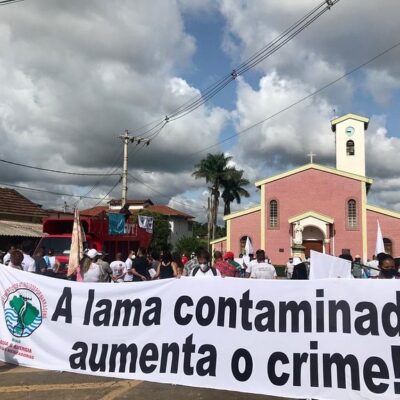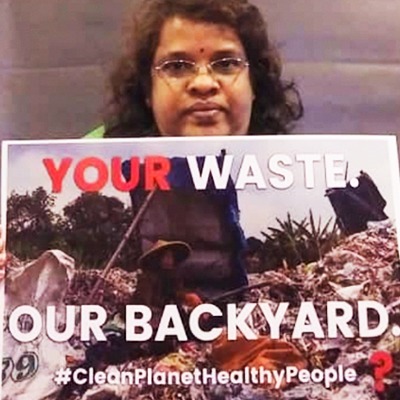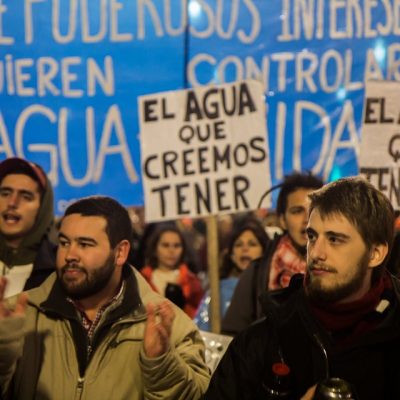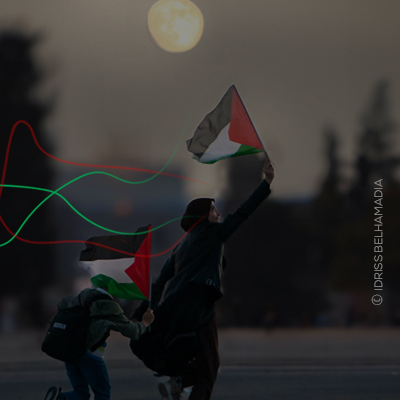
Palestine, Land and Life
Amid bombings, war crimes, mass killings of civilians, most of whom are women and children, missing persons, famine and the devastation of entire cities, environmental justice seems like a minor issue. But it is not. The link between the environmental destruction of a territory and that of its original people is inseparable. Chemical residues in the soil, water and air,…



